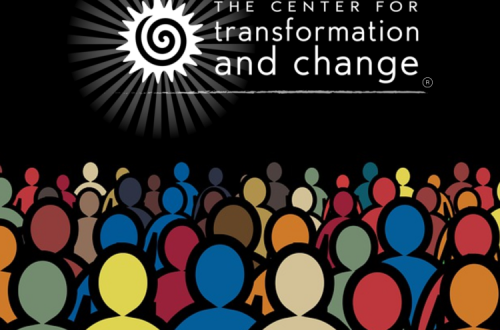Answers to 3 of Your Most Popular Questions on Equity, Diversity & Inclusion Training
Discussions on equity, diversity, and inclusion can be lively, emotional – and sometimes challenging. Sessions can give rise to a multitude of varying questions and difficult situations.
In our Q&A sessions, I am often asked the same questions regarding situations that generate a feeling of unease and hesitancy during workshops. By being prepared, we can better assist our workshop participants.
During these challenging situations, stand strong. Don’t judge. Be empathetic. In the words of Dr. Martin Luther King, Jr.,
“The ultimate measure of a man is not where he stands in moments of comfort and convenience, but where he stands at times of challenge and controversy.”
When a Difficult Topic Is Brought Up – At the Close of the Work Session
A dilemma presents itself when there’s only five minutes left in a workshop – someone brings up a very challenging question – and there isn’t sufficient time to properly address it.
First – don’t react negatively. Don’t judge the person, thinking they’ve had an hour to bring up such a formidable topic and now they do so at the end of the session. They may have just worked up the courage.
Change your thoughts, change your perception!
- Acknowledge that an hour really isn’t enough time to comprehensively address diversity and inclusion in the workplace.
- Commend the person for having the courage to speak up – even if it is near the close of the session.
- Follow up by reassuring the person you’ll be available for a few minutes after the session to talk one-on-one.
Be proactive. At the start of a session, set the tone, letting participants know they can interject. Ask them to jot questions down on a card – walk around, pick up the cards and address the issues they’ve written down.
It’s easier to resolve the more “difficult” issues in the first 50 minutes or so, leaving the last ten minutes for action plans to move forward.
When Topics Close to Mandated Reporting Arise
Someone shares something in a group setting that borders on the edge of a mandated reporter situation. What do you do?
Advise participants that while your intent is to have an open, honest and engaged conversation, sometimes people reveal issues in their organization involving another person that requires mandatory reporting. Ask the group if they’re aware of that fact – they probably aren’t.
If someone reveals that they are being sexually harassed by a colleague, we need to be a part of helping them decide how they want to move forward. Sometimes, someone says they have a hypothetical situation and want to talk over hypothetical options. I share with them what I know – but if I know in my heart it’s getting close to the line – I tell the person I cannot address the issue during the session.
I acknowledge their pain – and that they have got my attention – but then I take it to the group and ask if others have witnessed similar dynamics.
I shift from talking about a specific situation and ask the group to talk about the patterns of situations they have experienced. I might also share some generic dynamics in other organizations and how we worked to resolve them.
Try to plan ahead: Talk to a rep from human resources or anyone related to mandatory reporting before a scheduled session, so that you can recommend HR or other resources they may suggest when the issue presents itself.
Gaining Trust from Some Group Members Who May Not Trust You at First Given your Privileged Group Identity(s)
Again, this is an opportunity to be open…to be honest…to foster accountability.
If I’m doing a workshop on racism, I’ll partner with a person of color and say:
“As the white co-facilitator, if I say or do something that has a negative impact across race, I hope you’ll let me know so we can practice calling people in and having a meaningful conversation…”
This is one way I anticipate how my privileged identity may be affecting some participants. I want to model that we all may be held accountable for our comments and behaviors. And just because I am co-facilitating the workshop, I am not above getting feedback.
As a white person facilitating a workshop on diversity, equity and inclusion, it is important early in the session that I talk about being white, whiteness, white privilege, and my commitment to creating racially just organizations.
I’ll often share a recent misstep or racist thought I’ve had to model for other whites in the session our constant need to be vigilant, self-reflective, and committed to keep learning how to show up better next time.
Through stories and examples, I try to model how whites can show up using our privilege to address racial dynamics in organizations as we partner with colleagues of color to create more racially just organizations.
“When we listen and celebrate what is both common and different, we become a wiser, more inclusive, and better organization.”
– Pat Wadors, Head of HR at LinkedIn
Gain the tools you need to deepen your capacity to design and facilitate impactful trainings on equity, inclusion, and social justice in my engaging course. Click here to get the details.




